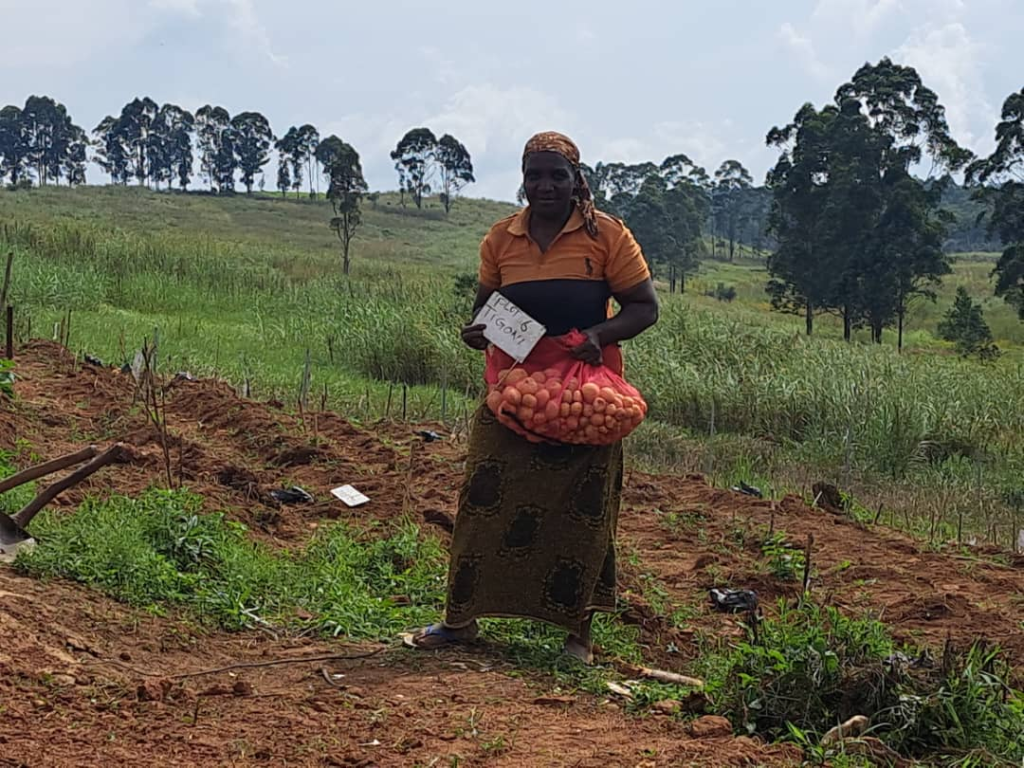
The National Root Crop Research Institute (NRCRI), Umudike, has announced that new potato varieties genetically modified to resist the devastating late blight disease will be made available to farmers starting from the 2025 planting season.
The principal investigator of the Global Biotechnology Potato Partnership (GBPP) project in Nigeria, Dr. Charles Amadi revealed that the research, conducted in collaboration with various partners under the USAID-funded Feed the Future Project, has yielded promising results. The project, coordinated by Michigan State University, involves partners such as the African Agricultural Technology Foundation (AATF) and the International Potato Centre (CIP).
“After two years of research work across different potato growing regions in Nigeria, we are confident that the threat of late blight disease can be effectively mitigated with the release of these resistant varieties in 2025,” Amadi stated.
He explained that the next step involves obtaining regulatory approval for environmental release from the National Biosafety Management Agency. Once approved, the potatoes will undergo on-farm trials in 2025, followed by field inspections and consideration for approval by the National Varietal Release Committee.
Amadi emphasised the need for the project to yield positive results, given Nigeria’s status as the seventh-largest potato-producing country in Africa, with low average yields compared to global standards.
Despite its potential, potato production in Nigeria faces numerous challenges, including disease and pest infestation, lack of quality seeds, inadequate storage facilities, limited access to farming education and equipment, and insufficient research and development.
The introduction of genetically modified potatoes resistant to late blight disease represents a significant milestone in addressing these challenges and enhancing potato production in Nigeria.
According to the communication officer for West and Central Africa at AATF, Alex Abutu the initiative aims to boost potato yields, improve food security and empower small-scale farmers across the country.
Nigeria’s main potato-growing region is the Plateau State, with additional production in Cross River, Taraba, Kaduna and Kano states. Potato cultivation occurs throughout the year, both in the wet and dry seasons.
The release of GM potatoes holds the promise of transforming Nigeria’s potato industry, enabling farmers to increase productivity, enhance their livelihoods and contribute to the nation’s food security and economic development.
With the collaborative efforts of research institutions, government agencies and development partners, the NRCRI is poised to revolutionise potato farming in Nigeria, ensuring a sustainable and resilient agricultural sector for the future.


